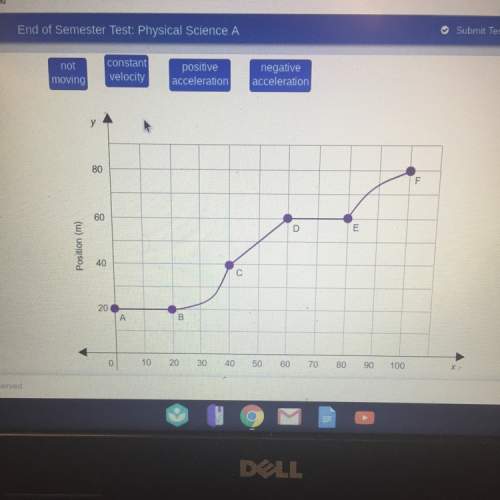
Current Flow and Direction"Conventional Current Flow" vs. "Electron Flow" - This has to do with how circuit diagrams are interpreted. Electrons are 'flowing' in the wires. The question here deals with : Do they 'flow' from the positive end of the battery, or the negative end of the battery?Just as where in mathematics subtracting a negative is equivalent to adding a negative, so also a flow of positive charges in one direction is the exact same current as a flow of negative charges in the opposite direction. As such in most applications, the choice of current direction is an arbitrary convention. Conventional current flow, devised by Benjamin Franklin, views the current as a "flow" of positive charges. Therefore, this concept holds that current "flows" out of the positive end of the battery. Electron flow, on the other hand, deals with the ACTUAL route of the electrons (the primary carrier of electric charge in most circuits). Being negatively charged particles, electron currents moves out of the negative end of the battery. CurrentWhat is an "electron?" To put it simply, an electron is an atomic particle which carries a negative charge. These electrons spin around the nucleus of an atom, which has a positive charge, and is located in the very center of the atom. The concept of "electricity" has to do with these electrons and with their "electron flow." Do you remember the example of our battery? This battery takes these negatively charged electrons from a chemical reaction inside the battery, pushes them out of the negative end of the battery, and into the wire. These electrons will then bump electrons in the atoms of the wire over and over until finally electrons arrive back at the positive end of the battery. Elements which allow this process of "bumping" those electrons on over determines how conductive the element is. So, when there's a current, it's just electrons bumping each other from atom to atom and flowing on. The individual electrons generally move very slowly, but the electric current moves at the speed of light. A circuit requires a loop for the electrons to travel on. This means you can not simply attach a wire to one end of a battery and expect electrons to flow through it. As stated before, in our definition of the circuit, a continuous loop is required. But think about it scientifically: If you did attach the wire to only one end of the battery, where would the electrons go that got bumped to the opposite end of the wire? That is why there needs to be that continuous loop of wire: the electrons need somewhere to go. AC current changes directionsDC current flows in one direction only

Answers: 3


Another question on Physics

Physics, 22.06.2019 17:30
Atruck driver is attempting to deliver some furniture. first, he travels 8 km east, and then he turns around and travels 3 km west. finally, he turns again and travels 13 km to his destination. what is the drivers distance
Answers: 1

Physics, 22.06.2019 18:00
The protons in a nucleus are approximately 2 ✕ 10^−15 m apart. consider the case where the protons are a distance d = 1.93 ✕ 10^−15 m apart. calculate the magnitude of the electric force (in n) between two protons at this distance.
Answers: 1

Physics, 22.06.2019 18:30
Acar starts from rest at a stop sign and reaches a velocity of 25 m/s w in 4 seconds. determine the acceleration of the car. question 3 options: a) 6,25 m/s2 b)6.25 m/s c)100 m/s2 d)100 m/s
Answers: 1

Physics, 22.06.2019 20:30
Ahockey player of mass 82 kg is traveling north with a velocity of 4.1 meters per second he collides with the 76 kg player traveling east at 3.4 meters per second if the two players locked together momentarily in what direction will they be going immediately after the collision how fast will they be moving
Answers: 2
You know the right answer?
Current Flow and Direction"Conventional Current Flow" vs. "Electron Flow" - This has to do with how...
Questions

English, 27.01.2021 01:00

English, 27.01.2021 01:00

English, 27.01.2021 01:00


Mathematics, 27.01.2021 01:00

Mathematics, 27.01.2021 01:00




Chemistry, 27.01.2021 01:00


Mathematics, 27.01.2021 01:00


Mathematics, 27.01.2021 01:00

History, 27.01.2021 01:00


Mathematics, 27.01.2021 01:00

English, 27.01.2021 01:00

Mathematics, 27.01.2021 01:00





